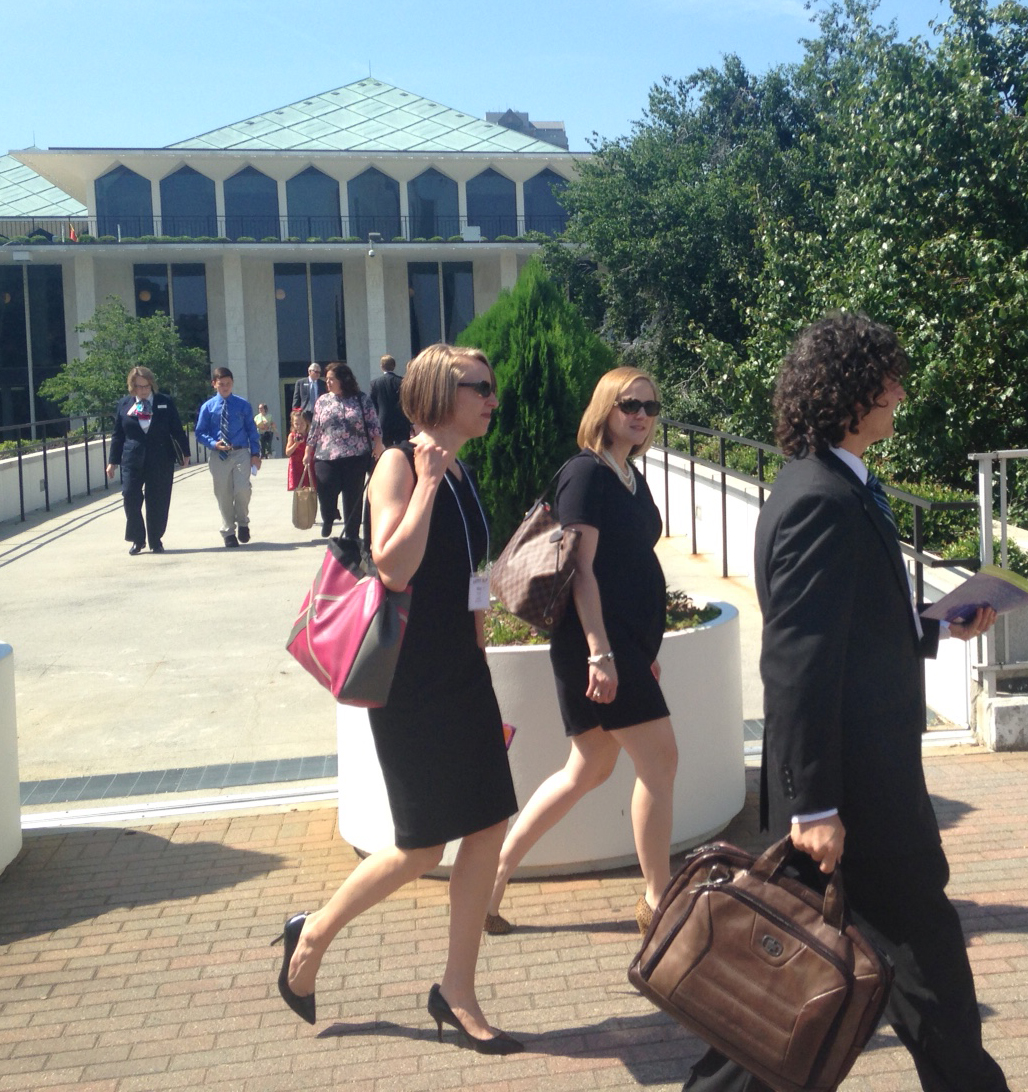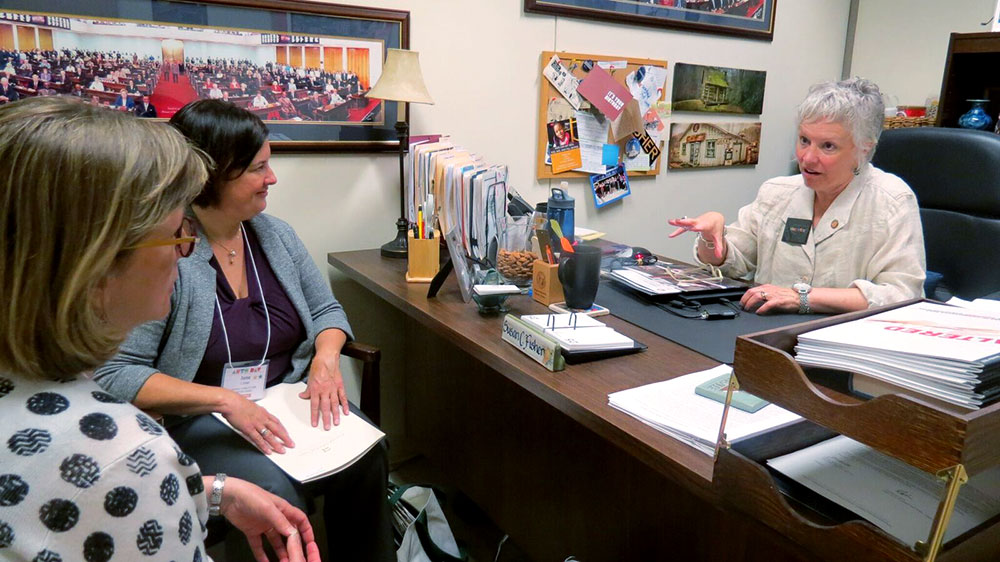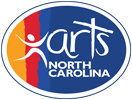The Legislative Process
It is important to understand how decisions are made and who can influence those decisions at the North Carolina General Assembly.
TIMING & MONEY

The House and the Senate take turns starting the budget every biennium. The House and Senate Agriculture, Natural and Economic Resources Appropriations Committees (the committees responsible for NC Arts Council funding), often meet jointly to hear presentations from the agencies, then work independently to create budget recommendations. The Committees’ recommendations are presented to the “big chairs” of each chamber’s Appropriations Committees that make the final budget recommendation. Amendments can be made once the budget is presented but before it is adopted. Those items which are not in agreement in the House and Senate budgets are referred to a Conference Committee for resolution.
North Carolina operates on a biennium cycle made up of one “long” session (usually January through June of odd numbered years, i.e. 2019) and one “short” session (usually mid-May through June of even numbered years, i.e. 2018). Every biennium, North Carolina adopts a budget in the long session for two years. The Governor presents his/her budget to the General Assembly, and Legislative Committees can begin with those recommendations as a starting point or start from scratch. The Governor continues to advocate for his/her budget throughout the Legislative process.
Grants funding for the North Carolina Arts Council is proposed within the Department of Natural and Cultural Resources budget.
THE LEGISLATIVE ARTS GOALS
The Legislative Arts Goals are adopted every year by Arts North Carolina’s Board of Directors prior to ARTS Day, which is timed to coincide with a strategic moment in the legislative process. The Legislative Arts Goals are informed by industry needs, political will, timing, and external circumstances. The Legislative Arts Goals most typically focus on grants funding for the North Carolina Arts Council and statewide arts education policy, but recently policy initiatives related to nonprofits have also become critical issues.
OUR GOALS AND ROLES – ADVOCACY & LOBBYING
The goal of advocacy is to change an elected official’s perception of the arts from “nice” to “essential.” Nice is expendable. Essential gets support, no matter the economic circumstances. Advocacy is necessary for the arts to thrive and is a core responsibility of arts supporters.

Lobbying is attempting to influence specific legislation related to budget or policy. Lobbying cannot happen without advocacy.
Even nonprofit arts organizations can lobby. The National Assembly of State Arts Agencies states, “The federal tax law defines lobbying specifically and narrowly as a communication with a legislator in reference to a specific piece of legislation with a request to support or oppose that legislation.” NASAA information further explains that charities have been allowed to spend no more than 5% of total expenditures on lobbying. However, if the non-profit organization files a 501(h) provision with the IRS they are allowed expenditures of up to 20% of their annual budget for their lobbying activities. .
